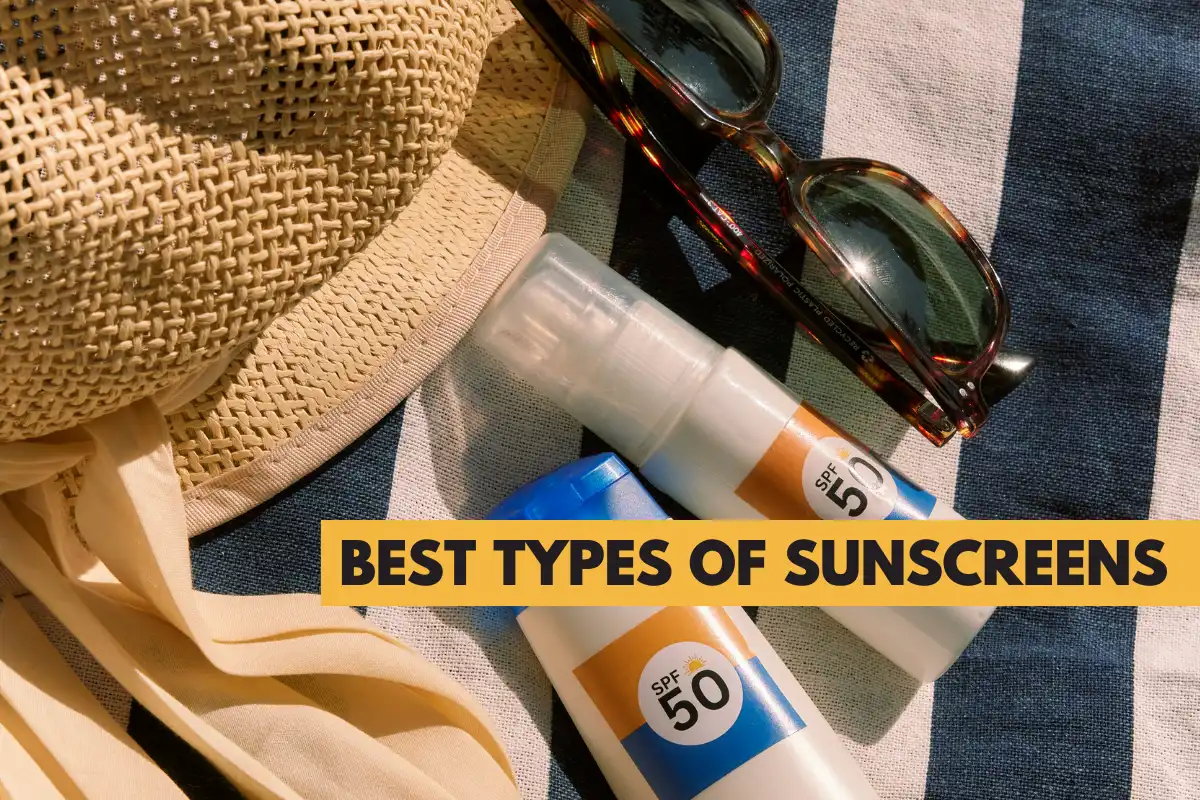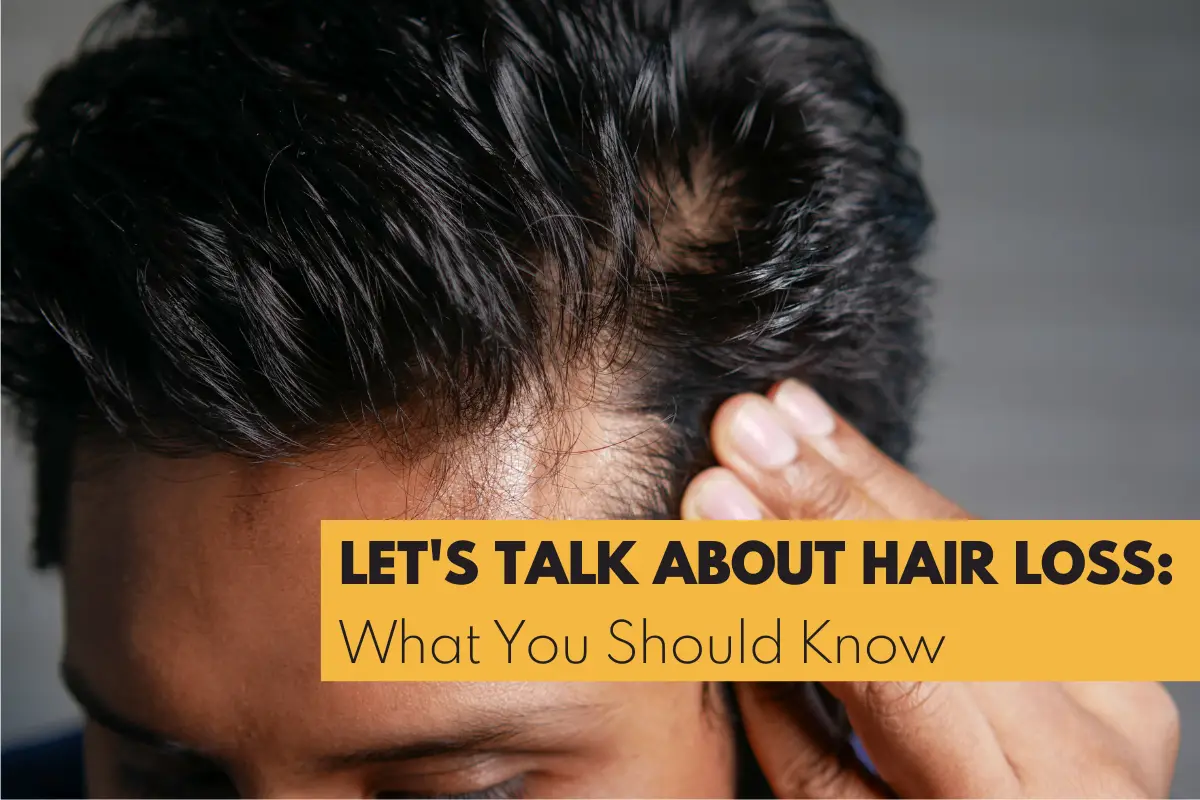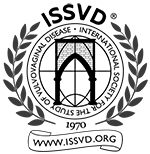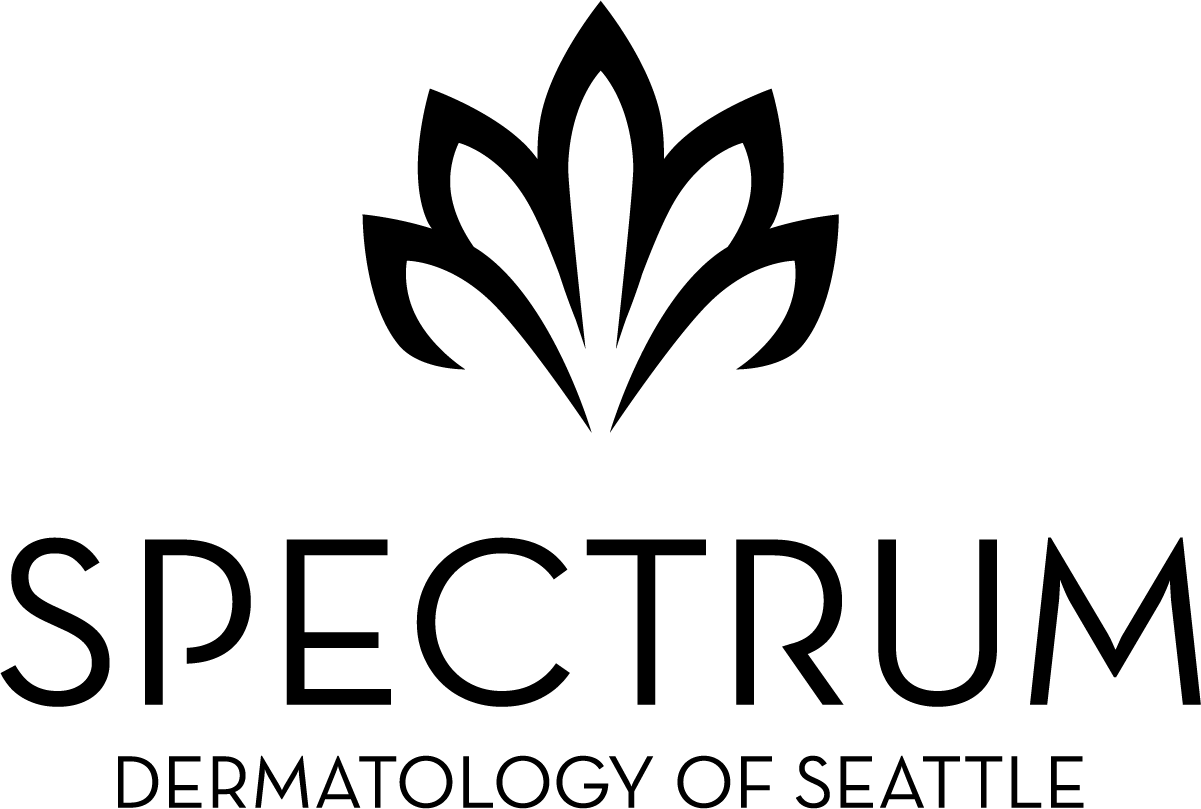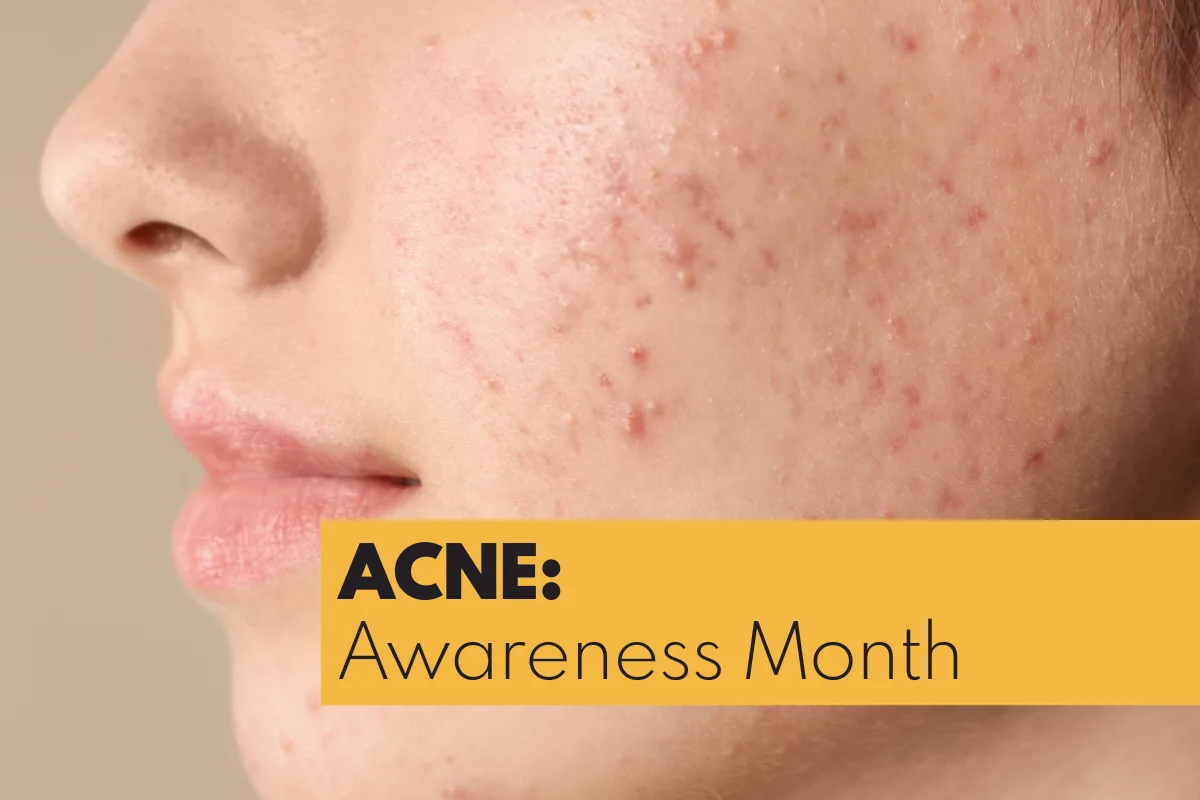
June is Acne Awareness Month
Seeing a board-certified dermatologist is the key to managing your acne. We asked Dr. Zook to tell us a bit about what causes acne, and some of the best ways to treat acne for optimal and lasting results.
What is Acne?
Acne is a common chronic inflammatory process that begins with the hair follicles (pores) getting clogged with dead skin and oil, which then feeds bacteria, leading to inflammation in the form of redness, swelling, pain, and even scarring. It tends to affect the face, neck, chest, back and shoulders. Acne affects about 85% of adolescents, and in some cases persists into adulthood. Although common and in most cases self-limited, acne can affect self-esteem and has even been associated with an increased risk of depression, social isolation and suicidality. Treatment of acne has been shown to reduce the social and emotional impacts of this condition.
Why should someone with acne see a dermatologist?
Dermatologists are experts in the evaluation and treatment of acne, and are the most knowledgeable regarding the current, and changing, available treatment options. Optimal treatment of acne takes into consideration the type, location and severity of acne, as well as the individual factors contributing to its cause, and the context affecting treatment selection and response. For best results, acne treatment should be customized to the individual. We consider lifestyle and health issues as well as personal preferences when we create a treatment plan. Of course, not everyone with acne needs to see a dermatologist, as most mild acne will resolve with an adjustment in skin care or use of over-the-counter medications. But if the acne is more than mild or getting worse, there is any possible scarring, it is not responding to basic skin care, or you are experiencing side effects from the over-the-counter treatments tried, it may be time to see a dermatologist.
Since bacteria play a pivotal role in causing acne, cleansing the skin appropriately is an important part of treatment. How should someone with acne cleanse their skin?
Cleansing the skin is an important part of treating acne, but it's not always enough, and done improperly (harsh products, excessive scrubbing, failure to moisturize) can make acne worse. Cleanse the affected areas 1-2 times a day, most importantly before bed (to wash off dirt, oil, pollution, and bacteria) and after exercising. Wet the area first, dispense a cleanser into your hands, and use fingertips to cleanse all areas using gentle a circular motion. Then rinse well and gently pat dry with a clean towel. Some people prefer to use a washcloth, fleece cleansing cloth, or an ultrasonic cleanser, which is all fine as long as a soft touch is used and no scrubbing. After cleansing, moisturize with a non-comedogenic moisturizer while skin is still damp.
What types of skin care products do you recommend for someone with acne?
We are fortunate to live during a time when there are lots of skin care products available for treating acne. This also means there is a glut of products on the market, and it can be confusing to navigate. Many people end up with a skin care routine that is much too complex, and costs much more than it should. It can help to consult a dermatologist, and work with them to build a skin care routine. Skin care done wrong can increase inflammation and worsen acne, so don’t overdo it.
A safe, healthy skin care routine for someone with acne should include cleansing the affected areas every day using a gentle basic cleanser, perhaps one that is antibacterial (like CLn Pro Strength Wash or CLn Acne Cleanser), or one with a mild acid to help break up clogged pores (salicylic acid, also in the CLn Pro Strength Wash and CLn Acne Cleanser; or glycolic acid in the Spectrum brand cleanser.) After cleansing, apply an acne-friendly (non-comedogenic) moisturizer, then sunscreen. Clarify with your dermatologist when to layer in any topical medications, as some should be applied before and some after moisturizer.
Does using shampoo on a regular basis help with acne?
The oils produced by the scalp can contribute to acne, especially on the forehead, neck, and upper back, depending on hair length. Especially during adolescence, oil production by the skin increases on the scalp, as well as the face, neck, chest and back. Removing those oils regularly can reduce acne severity. For most people this means washing the hair at least every other day, and for some it should be daily, especially in people with noticeably oily hair or who exercise daily.
The temptation to touch, squeeze, pop and pick is difficult for someone with acne. How do you address this concern?
This is a very common concern. Many people think that if they mechanically remove the clogged pore or the whitehead that the pimple will resolve, and that more mechanical removal is better. It's the sense of “if I could just get this skin plug out the pimple will go away”. While sometimes this is true, and extractions can play a role in improving acne if done safely and properly, many people focus excessively on removing clogged pores, and in doing so increase the inflammation of the acne, promote more inflammation, and cause scarring where none would occur if the acne were left alone. Know this: fingernails are generally pretty filthy and belong nowhere near your skin. Do not pick or scratch at your skin. If you must have extractions, consider seeing an aesthetician for a professional approach. If you find yourself picking even though you know you should not, consider seeking support from a therapist, as skin picking is commonly linked to anxiety and/or depression.
It is true that sun exposure can make acne worse?
Actually, the opposite is true, unfortunately for our ongoing public health campaign to teach people about the damaging effects of the sun. The sun’s radiation is a powerful cell killer, which in this case means it kills the bacteria colonizing the skin, as well as the inflammatory cells in the skin, resulting in improved acne. The tradeoff is the radiation also irreparably damages living skin cells, increasing skin cancer risk. Doctors used to prescribe UVB lamps to treat acne decades ago when there were few other options, and those individuals are now paying the high price of multiple skin cancers on their faces. So current advice is do NOT expose your skin to the sun or tanning beds with the intent of treating acne. Instead, protect your skin with acne safe sunscreen and hats. Additionally, many acne treatments increase sensitivity to the sun, making this advice even more important.
Sticking to a treatment plan is key. What do you tell your patients about the importance of this?
I recommend first that you participate in the creation of your acne treatment plan, making sure to provide feedback on what is practical for you given your lifestyle and preferences. For instance, if you know you are unlikely to apply medicated creams to your face, make sure you tell the dermatologist that so we can offer you other options. Once the treatment plan is established, make sure you understand it well enough to follow it. Then write it or print it out (or ask the clinic to - this is something we always do for patients because we know it improves compliance). Post it somewhere you will see it. Maybe set some alarms on your phone or set the items you are to use right in plain sight so you will remember them or tie the new steps to already established parts of your daily routine. After a few weeks it will be easier to maintain the new routine, and it will just become a habit. Anytime we are treating acne, I always explain that we have a long runway. Most acne treatments take at least a few weeks if not a couple of months to see results. We usually set follow up visits with this in mind. But it can also help people to take photos of their acne and then set a reminder on their calendar to check in with their progress at reasonable intervals, such as 4, 6, or 12 weeks. The photos help remind us of where we were, since when we are looking at ourselves in the mirror every day it can be hard to remember what the acne looked like 3 months ago. Seeing progress is motivating. It also helps communicate clearly with the dermatologist so we can determine how well a treatment plan is working overtime.
How does having acne affect your mental health?
For most people it does. I see this in my clinical practice, and it's well documented in the medical literature, but I’ve also experienced it myself. Having acne can affect self-esteem, and can lead to social isolation, depression, anxiety, compulsive behaviors like picking, and even suicidality. If you have acne and you’re affected this way by it, please tell your dermatologist. We can often provide some reassurance in terms of prognosis (how long it will take to get clear, how likely is scarring), and if someone is suffering emotionally from their acne that may be a reason to escalate to some stronger or more serious treatments than we would otherwise consider for the objective severity of the acne. Also, it can often be helpful just to talk about how you're feeling, and if more support is needed for that, consider talking to a therapist or counselor.

